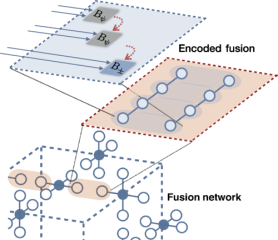
The technology produces high-energy components, including naphthene and aromatic compounds, from non-edible plant resources, KIST said Wednesday.
Current sustainable aviation fuel solutions can replace only about 50 percent of petroleum-based components.
"This technology expands fuel resource utilization beyond traditional edible materials to non-food resources like wood and grass, and we aim to secure commercial process technology to lead global competitiveness," said KIST researcher Ha Jeong-myeong.
The research team ran continuous operations for more than 100 hours, showing potential for commercial production.
The development comes as the aviation industry faces mandatory greenhouse gas reduction measures starting in 2027. Sustainable aviation fuel accounted for 0.2 percent of total aviation fuel production in 2023.
Copyright ⓒ Aju Press All rights reserved.



